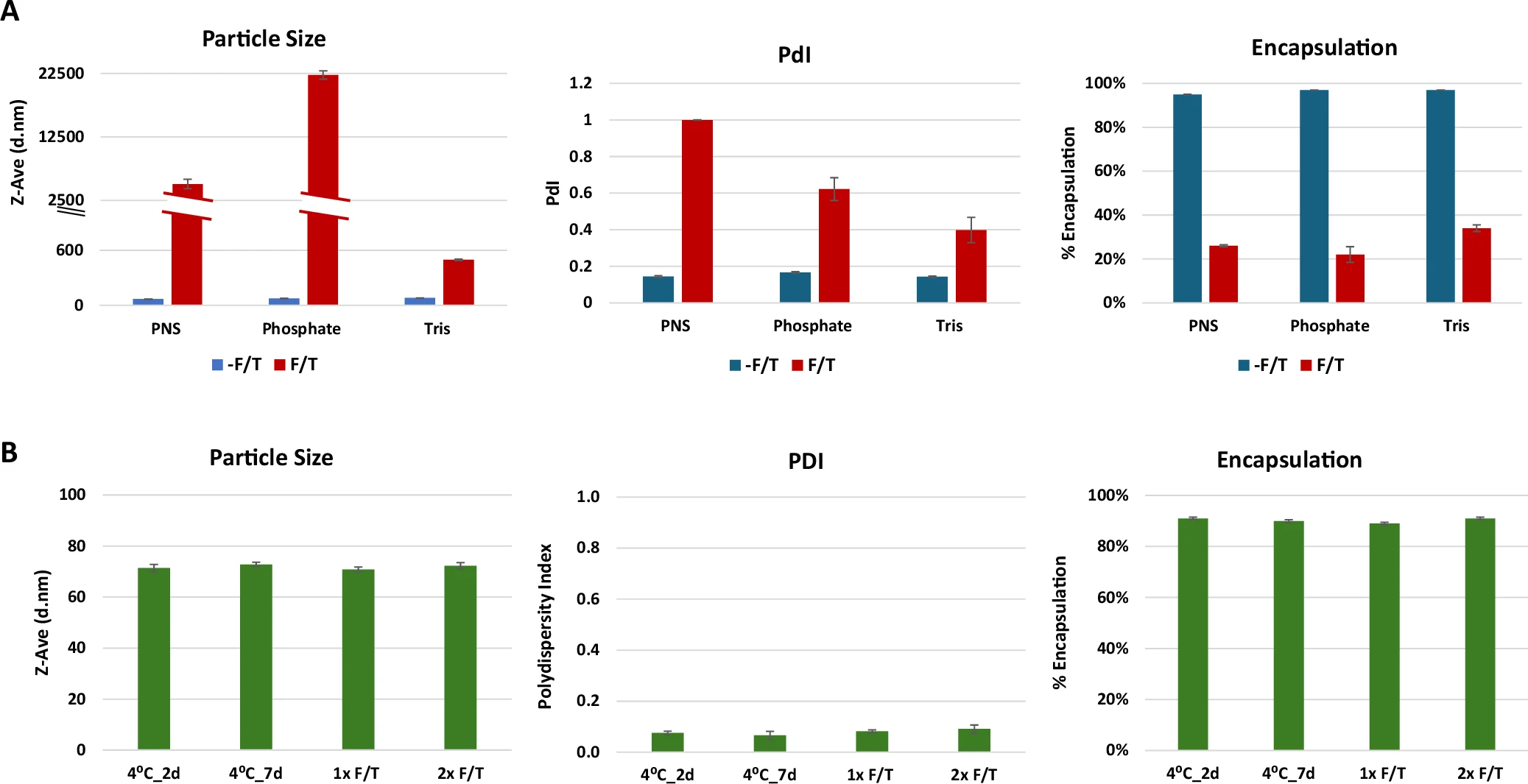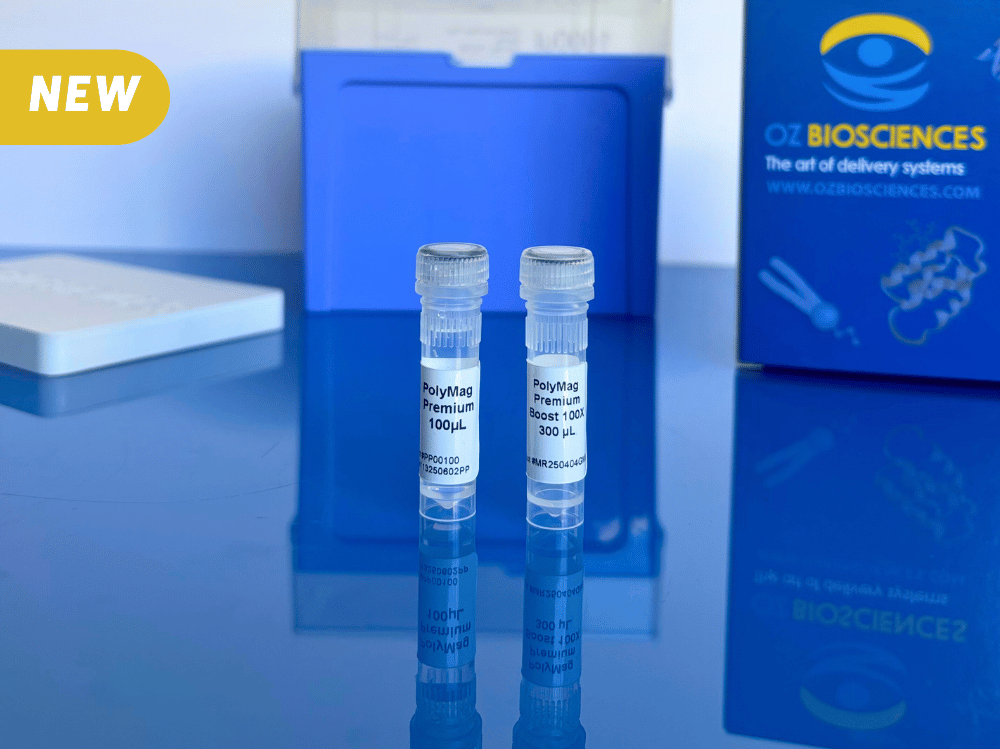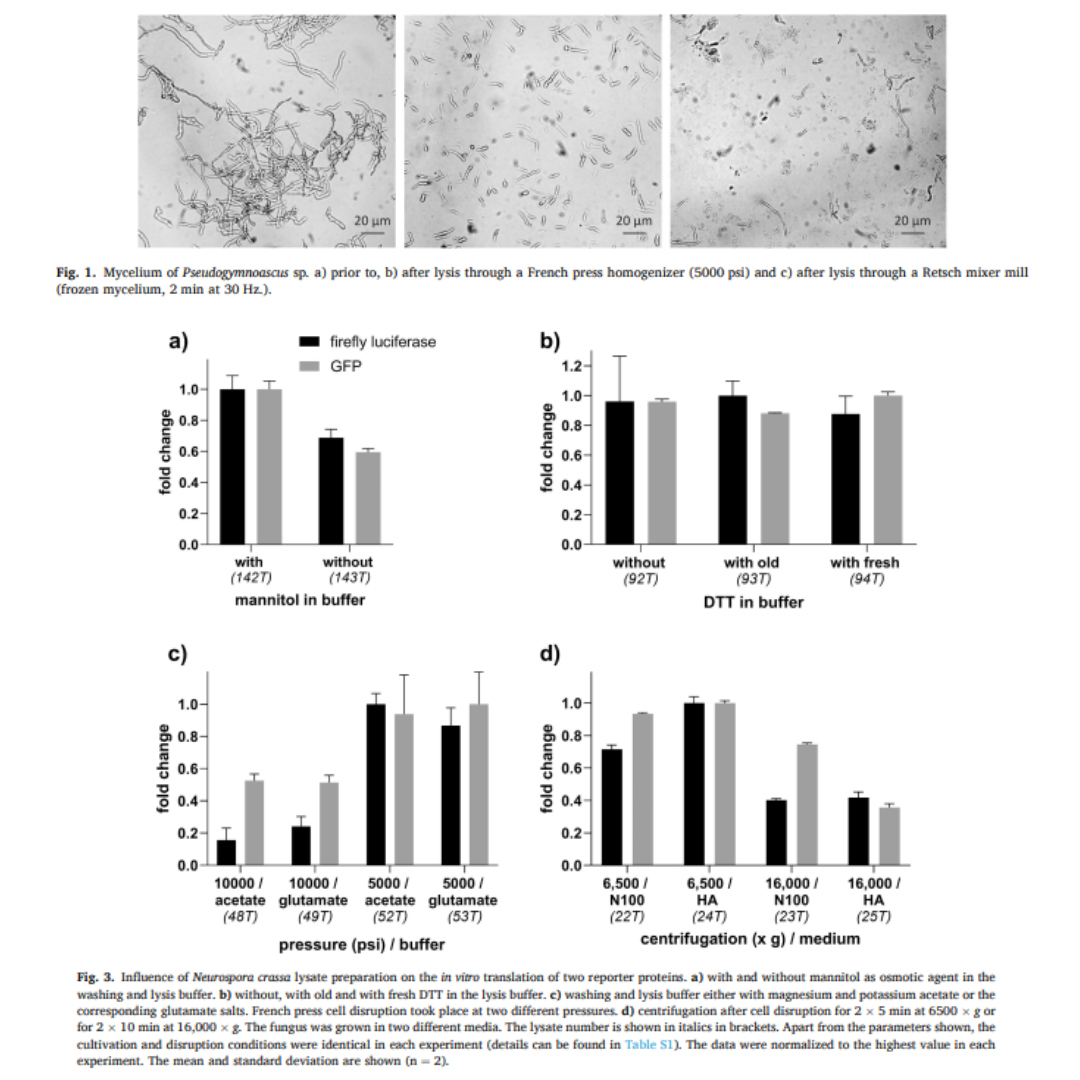BLOG > Publications & Citations > Lipid Nanoparticle Development for Bivalent mRNA Vaccine

Authors: Felgner, J., Hernandez-Davies, J.E., Strahsburger, E. et al.
Source: npj Vaccines 10, 123 (2025).
We’re delighted to share insights from a recent study entitled "Lipid Nanoparticle Development for A Fluvid mRNA Vaccine Targeting Seasonal Influenza and SARS-CoV-2" published in npj Vaccines by Jiin Felgner et al:
"mRNA vaccines represent a promising alternative to conventional vaccines, as demonstrated by the rapid deployment of mRNA vaccines during the recent COVID-19 pandemic. In this work, we have adapted and fine-tuned various reported mRNA lipid nanoparticle (LNP) synthesis and preparation procedures, evaluated a range of ionizable cationic lipids, and identified top-performing LNP formulations. The impact of uridine modification on mRNA’s ability to trigger immune responses has also been explored. Our findings indicate that both unmodified mRNA and N1-methyl pseudouridine-modified mRNA successfully induced an antigen-specific antibody response in mice, while the methoxy uridine-modified mRNA did not. Based on these studies, we constructed a bivalent Fluvid mRNA vaccine, consisting of LNPs encapsulating uridine-unmodified mRNA encoding either a transmembrane domain-deleted hemagglutinin or the full-length native spike protein. This vaccine stimulated robust T cell and B cell immune responses and conferred 100% protective efficacy against challenge with either influenza or SARS-CoV-2 viruses in the mouse model, without compromising efficacy compared to administering each monovalent vaccine individually. Our data suggest that the multivalent mRNA vaccine can offer protection against different viruses by generating humoral and cellular responses against multiple antigens at the same time."
Congratulations to all the authors on this excellent article!
Our Spike SARS CoV-2 mRNA and HA(-TMD)-H1N1 mRNA were encapsulated in LNPs for creating a bivalent Fluvid mRNA vaccine.
Read the article See our Spike SARS CoV-2 mRNA See our HA(-TMD)-H1N1 mRNA







